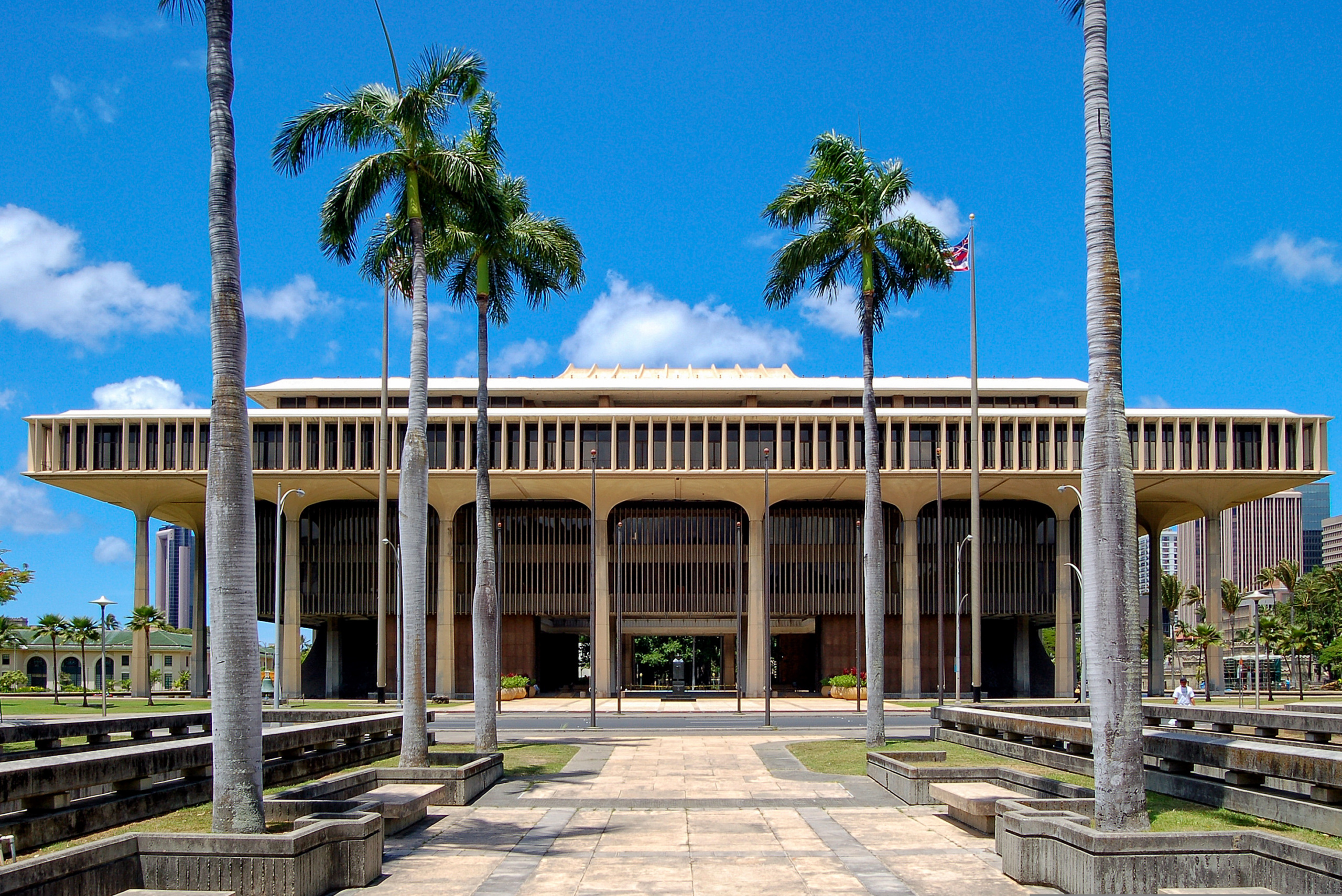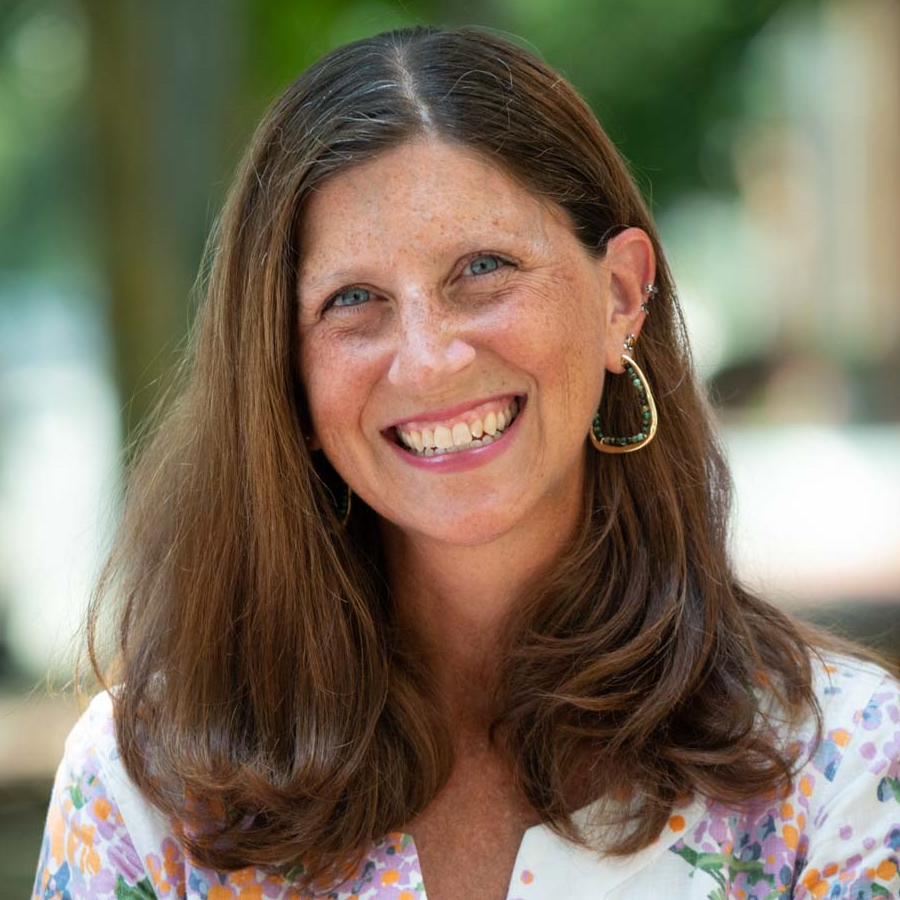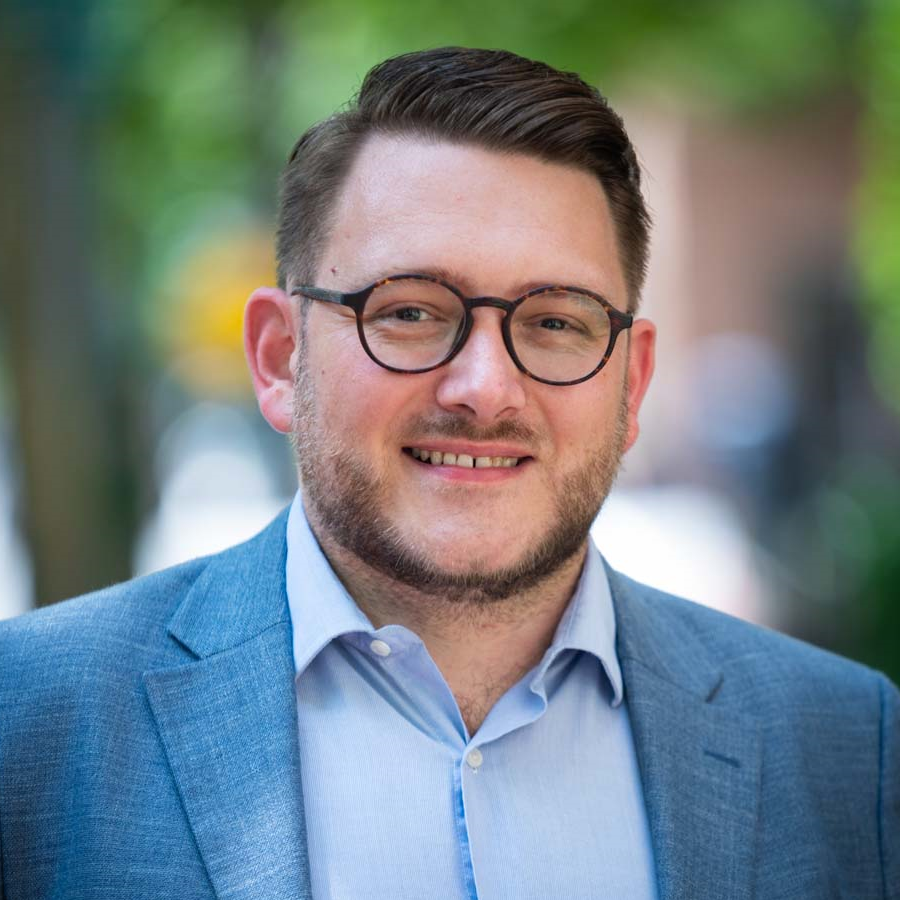Solidifying Our Foundation through DEIA: A Conversation with Gabrielle Sedor
Share this pageEDITOR’S NOTE: Since yesterday was #GivingTuesday, we spent the day asking for support for the ANCOR Foundation, so we thought there was no better time than the present to help readers see why their support of the Foundation matters. To do so, I sat down with Gabrielle Sedor, who has the pleasure of not only being my boss, but also directing the ANCOR Foundation.
SEAN LUECHTEFELD: Before we dive in, I have to imagine that there are some folks who don’t know about the ANCOR Foundation or don’t realize that ANCOR and the ANCOR Foundation are two separate organizations.
GABRIELLE SEDOR: Well, they are and they aren’t. ANCOR is a 501(c)6 trade association, while the ANCOR Foundation is a 501(c)3 charitable organization. Those designations are the IRS’ fancy way of saying that ANCOR can lobby on behalf of I/DD providers, while the ANCOR Foundation can educate the public about what I/DD providers do. Although the IRS treats us as two separate entities, we are one team of professionals supporting the same community of providers in service of a shared vision: truly inclusive communities for people with I/DD.
SL: So what does that mean in terms of where the Foundation focuses its time and resources?
GS: It’s all driven by our strategic pillars. Whereas ANCOR has its “Strategic House,” the Foundation has created what its Board of Directors fondly refers to as the “strategic butterfly.”
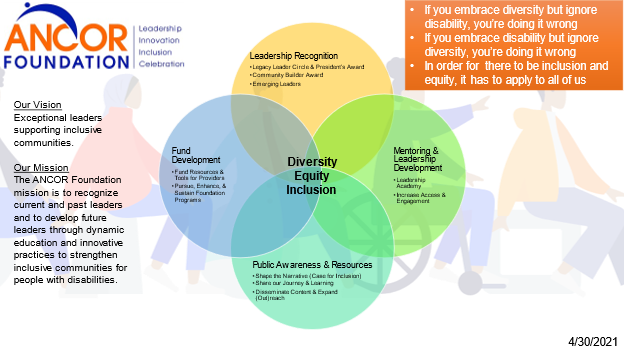
This visual was born in April 2021 out of our three-year public awareness campaign, Included. Supported. Empowered., which wrapped up in 2020. The natural next phase of that work was a focus on diversity, equity, inclusion and accessibility, or DEIA. What better way to include, support and empower people who rely on our members’ services than to see, value and respect all aspects of their identities?
SL: That’s certainly a noble cause, but it’s also a lofty pursuit. How has this new focus been going so far?
GS: When the Foundation Board of Directors gathered in person in DC last month, we wanted to hold ourselves accountable to approaching all three of the Foundation’s programmatic areas—building exceptional leaders, honoring exceptional leaders and supporting inclusive communities—through a DEIA lens. With the help of Dr. Melanie Ho, Foundation Board members literally went to the drawing board. They sharpened their colored pencils, pulled out their blank canvasses and started drawing to generate new ideas and a clarified vision.
We worked collaboratively in small groups and eventually formed four unique characters to illustrate different stakeholders whose lives are made better because of the work of the Foundation. We fleshed out how they have been supported in the past, but also how they might be better supported by the Foundation and its programs in the future.
SL: How come we never get to do fun activities like drawing at the meetings I attend?
GS: Try being more fun.
SL: Fair enough. Seriously though, what was the outcome of that exercise and the time you spent with Dr. Ho?
GS: Not only did we learn that we have some excellent artists among us, but the Foundation was able to identify and celebrate some significant progress toward our goals.
For example, the third cohort of the Foundation’s Leadership Academy—a two-year immersive program for mid-career professionals to become leaders in I/DD supports and advocacy—is well underway. Since 2017, we’ve graduated nearly 60 leaders from the Academy, many of whom have already advanced and been promoted in their organizations and within ANCOR leadership. More importantly, many have taken those leadership skills and made real differences back home in their communities.
We were especially proud that this year, the Foundation was able to offer partial scholarships to any Academy participant who needed it to ensure that finances were not a barrier to including as many diverse voices as possible in the program.
SL: That’s amazing!
GS: It is amazing, and it’s just one example of the great work our Foundation leaders are doing.
SL: Given what you’ve shared, let’s say someone reading this gets really jazzed about supporting the Foundation. How can they get involved?
GS: Now is a great time to ask that question, because we have four opportunities on the horizon right now that I’m really excited about.
First, applications for the Leadership Academy Class of 2025 are being accepted until December 14. This will be our fourth cohort, but the first in which DEIA is truly and firmly embedded into our curriculum, thanks in no small part to Sasha [Sencer, ANCOR’s Director of Education & Intersectional Collaboration].
Second, letters of interest are now being accepted for those interested in joining the ANCOR Foundation Board of Directors. The Board has made it a practice to assess which voices are and aren’t at the table (yet) and to do its best to ensure as many perspectives are being heard.
Third, nominations for the Legacy Leaders Circle and the Community Builder Award will be opening very soon. And you may notice some subtle differences in the application process this year: the Foundation continues to honor engaged ANCOR members and their legacies, but we’re focusing less on time served on ANCOR boards and committees and more on the ripple effect that members can have, regardless of their titles or positions in organizations.
SL: Those are three great answers, but you promised me four. What are you forgetting?
GS: I didn’t forget—I saved the best for last! The thing I am the most excited about is the first-ever Disabilities Services Case Competition.
You can think of a case competition as a tournament to devise the most innovative and scalable solutions to a pressing problem, often incentivized by the promise of prize money for the winning teams. In this context, we are engaging undergraduate students at colleges and universities—specifically those that serve traditionally marginalized communities—to develop innovative ideas that encourage today’s emerging professionals to pursue careers in disability services as just one badly needed solution to the ongoing workforce crisis.
SL: You said that case competitions often promise prize money for the winning teams. Does that mean the winners of this competition will win prize money?
GS: Yes! The ANCOR Foundation has committed more than $25,000, both to furnish scholarships to the top three teams, as well as to defray finalists’ costs to join us in Chicago in April for the 2023 ANCOR Annual Conference. The finalists will present their winning ideas on the Conference mainstage and Conference participants will have the opportunity to get to know these outstanding students.
That’s one of the reasons why we engaged in a #GivingTuesday campaign this year, and why I hope people reading this will consider making a contribution to the ANCOR Foundation. These are just a few of the ways in which we’re moving the needle, but we can’t do it alone. Even a small contribution can make a big difference, and we appreciate whatever you can offer.
SL: A good reminder for all of us. Thank you for sharing, and for taking the time to update folks on what’s going on with the ANCOR Foundation.
GS: The pleasure is mine!
Gabrielle Sedor is Chief Operations Officer for ANCOR and Director of the ANCOR Foundation. Sean Luechtefeld is ANCOR’s Senior Director for Communications.
Stay Informed on the Latest Research & Analysis from ANCOR
More News
Stateside Report: June 30, 2025

Stateside Report: June 23, 2025
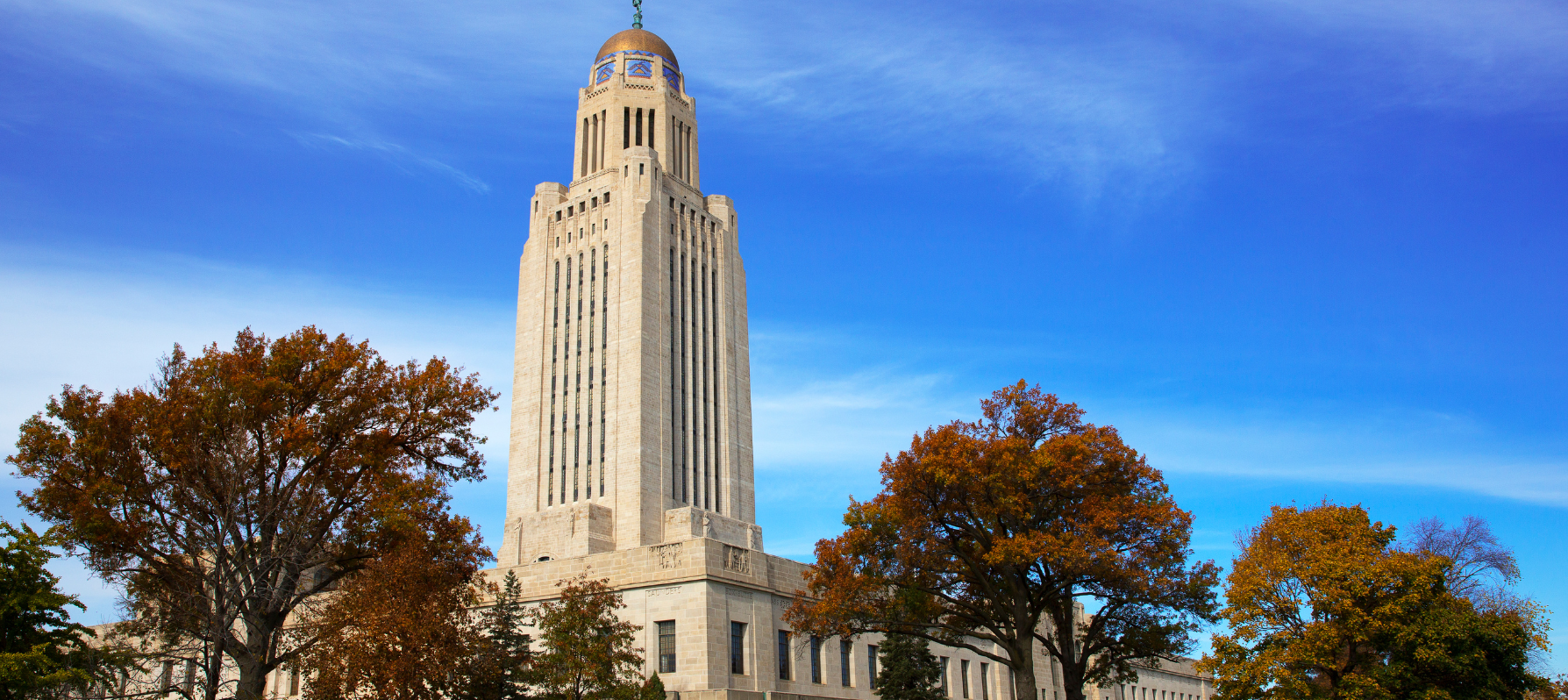
Stateside Report: June 16, 2025
